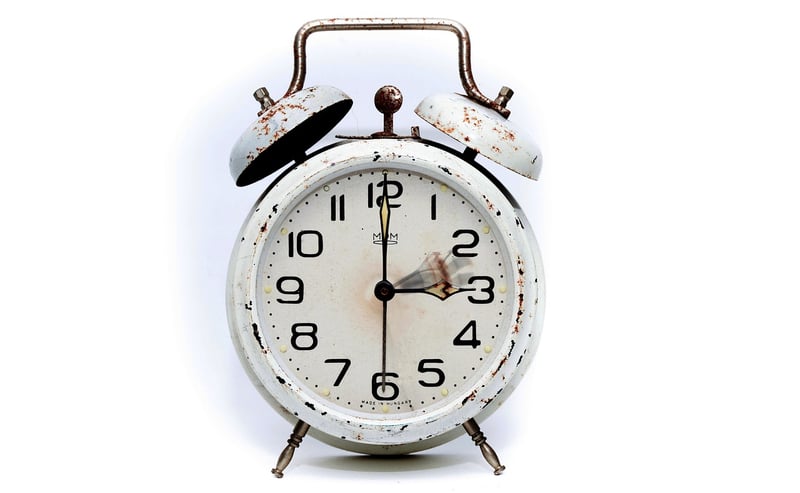Temporal Integrity
Ethical Considerations of Time Travel and Temporal Integrity
Time travel has long been a fascinating concept in science fiction, but what ethical considerations does it entail? Let's explore the moral implications of altering the past, present, and future, and the concept of temporal integrity.
Paradoxes and Consequences
One of the primary ethical concerns with time travel is the possibility of creating paradoxes. Changing even a small event in the past can have ripple effects that alter the course of history in unforeseen ways. This raises questions about responsibility and the potential consequences of one's actions.
Temporal Manipulation
Another ethical dilemma of time travel is the temptation to manipulate events for personal gain or to avert disasters. While the intentions may seem noble, the long-term effects of such interventions can be unpredictable and lead to unintended negative outcomes.
Temporal Integrity
Temporal integrity refers to the preservation of the natural flow of time without interference or distortion. It emphasizes the importance of respecting the timeline and allowing events to unfold naturally, without external interference.
Preserving the Timeline
Preserving the timeline is crucial for maintaining temporal integrity. Any alterations to the past can have far-reaching consequences that may disrupt the balance of history. It raises the question of whether it is ethical to change the course of events, even with good intentions.
Conclusion
In conclusion, the ethical considerations of time travel are complex and multifaceted. While the idea of altering the past may be tempting, it comes with significant moral responsibilities. Upholding temporal integrity and respecting the natural flow of time are essential to avoid potentially catastrophic consequences.

For more information on time travel and ethical dilemmas, you can visit Space.com.
